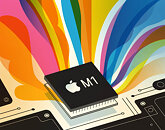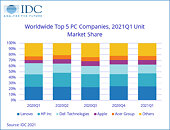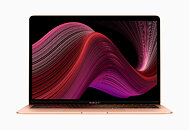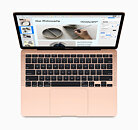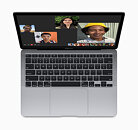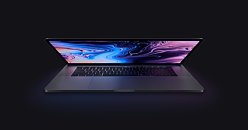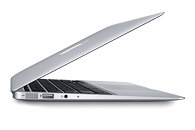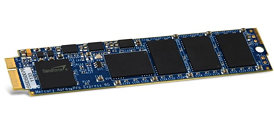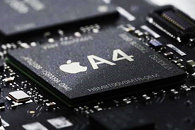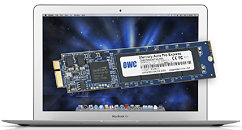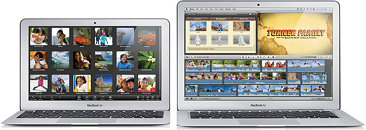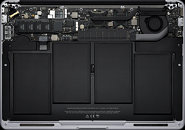
Apple Confirms Product Launch Later This Week, M4 MacBook Air Expected
Just recently, we covered a report shared by a reliable industry insider that stated Apple is readying a launch event, or press release, for the M4-powered MacBook Air lineup. Now, Apple CEO Tim Cook has borderline confirmed the same, with a social media post that reveals a new product carrying the 'Air' moniker is set to be revealed sometime this week. Judging by the short teaser video accompanying the tweet, it can be foreseen that the product in question is none other than the MacBook Air, which is now almost certain to be updated with the M4 SoC later this week.
The M4 SoC is an excellent performer, boasting commendable CPU and GPU capabilities without sacrificing on the efficiency that the industry has come to expect from Apple Silicon. Unfortunately, however, no major changes are expected this time around, especially regarding the exterior. The MacBook Air is currently in the third year of its lifecycle, and a redesign can only be expected once it reaches its fourth birthday. Despite that, the M4 SoC alone is a welcome upgrade for those planning on purchasing a MacBook Air anytime soon. Students, in particular, have always been the MBA's target audience, and a decent spec bump will surely help the product hold its own against AMD's Krackan Point and Intel's Lunar Lake-powered offerings.
The M4 SoC is an excellent performer, boasting commendable CPU and GPU capabilities without sacrificing on the efficiency that the industry has come to expect from Apple Silicon. Unfortunately, however, no major changes are expected this time around, especially regarding the exterior. The MacBook Air is currently in the third year of its lifecycle, and a redesign can only be expected once it reaches its fourth birthday. Despite that, the M4 SoC alone is a welcome upgrade for those planning on purchasing a MacBook Air anytime soon. Students, in particular, have always been the MBA's target audience, and a decent spec bump will surely help the product hold its own against AMD's Krackan Point and Intel's Lunar Lake-powered offerings.

















